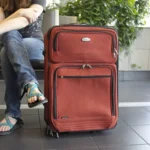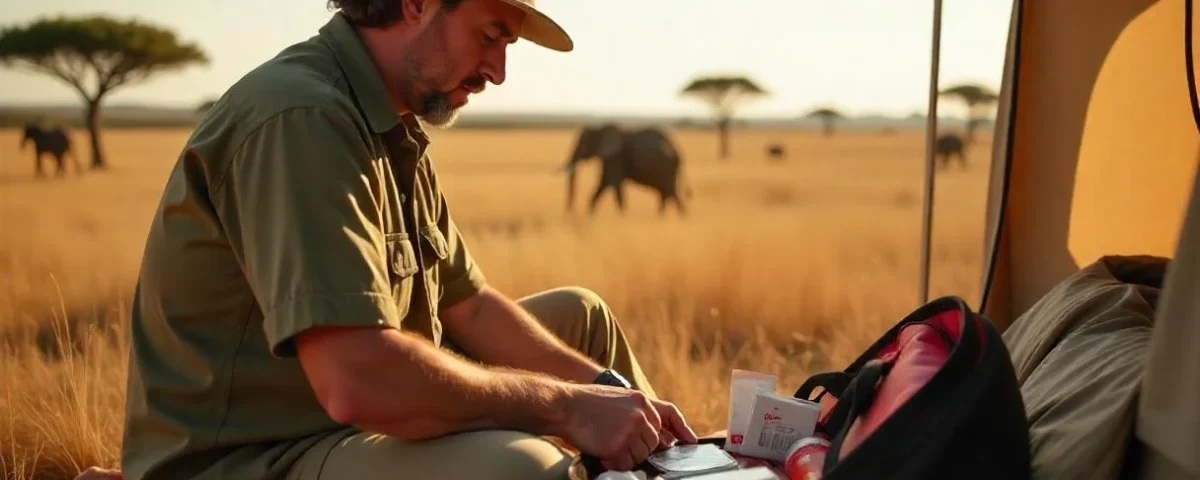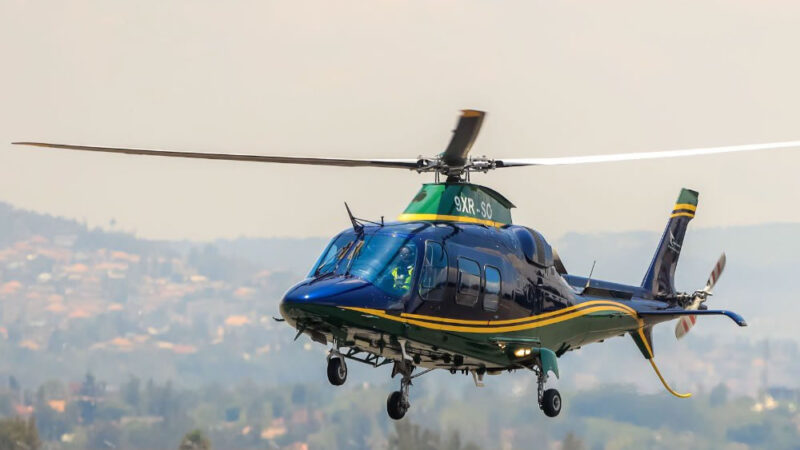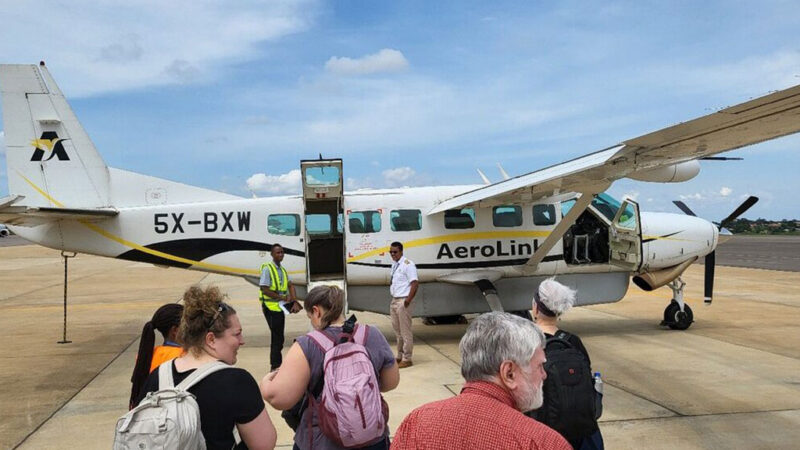
Health and Insurance Tips for East Africa Travel
July 3, 2025
Kid Friendly Activities in East Africa on a Safari
July 9, 2025When you imagine an African safari, you picture breathtaking landscapes, majestic wildlife, and peaceful sunsets not unexpected illnesses or injuries. But health emergencies can happen anywhere, even in the wild. The good news? With proper preparation and knowledge, you can handle them calmly and effectively.
At Traford Safaris Ltd, we prioritize your safety from start to finish. This guide walks you through what to do in a medical or ay health emergency while traveling in East Africa whether it’s a minor injury on a game drive or a more serious condition in a remote location.
1. Stay Calm and Assess the Situation
The most important first step in any emergency is to stay calm. Panicking can make things worse and cloud your judgment. Whether it’s a twisted ankle, dehydration, or a sudden allergic reaction, take a moment to assess the severity.
Ask yourself:
-
Is the person conscious and breathing normally?
-
Is there any visible bleeding or swelling?
-
Are they in immediate danger from wildlife or environmental hazards?
Then, notify your safari guide or lodge staff right away. Most are trained in basic first aid and will respond quickly.
2. Know Who to Contact
In East Africa, your safari operator is often your first point of contact during a health emergency. At Traford Safaris, we provide 24/7 support and work closely with local clinics, flying doctor services, and hospitals.
Useful Contacts to Have:
-
Your safari guide’s phone number
-
Lodge manager’s emergency contact
-
Local doctor or clinic (nearest to your park or lodge)
-
Travel insurance emergency hotline
-
AMREF Flying Doctors (for air evacuation)
Tip: Keep these numbers saved on your phone and written on paper in your daypack.
3. Accessing Medical Help in Remote Areas
One of the challenges of safari travel is the distance from medical facilities. But don’t worry help is never too far away.
What to Expect:
-
Most lodges have basic first aid kits and trained staff.
-
For moderate injuries, you may be driven to the nearest clinic or health center.
-
In serious emergencies (like broken bones or high fever), air evacuation can be arranged to hospitals in Nairobi, Kampala, or Arusha.
That’s why travel insurance with emergency evacuation is so important.
4. When to Call for a Flying Doctor
Services like AMREF Flying Doctors operate in Kenya, Uganda, Tanzania, and Rwanda. They provide fast, professional medical evacuation from national parks to urban hospitals via helicopter or air ambulance.
Call a Flying Doctor for:
-
Head injuries
-
Suspected malaria or severe illness
-
Difficulty breathing
-
Major fractures or internal injuries
-
Unconsciousness or seizures
You or your guide can contact them directly, or Traford Safaris can coordinate the call immediately if you’re a registered client.
5. Common Safari Health Emergencies (and How to Handle Them)
Here’s a quick guide to handling common medical issues while on safari:
Dehydration or Heat Exhaustion
Symptoms: Dizziness, fatigue, dry mouth, headache
What to do:
-
Move to a shaded area
-
Sip water slowly
-
Rest and avoid physical activity
Insect Bites or Allergic Reactions
Symptoms: Swelling, itching, hives, difficulty breathing
What to do:
-
Use antihistamines from your first aid kit
-
Apply bite cream
-
Seek immediate help if symptoms worsen
Motion Sickness
Symptoms: Nausea during long drives
What to do:
-
Sit near the front of the vehicle
-
Keep eyes on the horizon
-
Use motion sickness tablets
Minor Cuts or Infections
What to do:
-
Clean with antiseptic
-
Cover with a sterile bandage
-
Monitor for swelling or redness
Sprains and Strains
What to do:
-
Rest the injured limb
-
Apply cold compress if available
-
Use a bandage for support
If the pain is severe or you can’t walk, medical evacuation may be necessary.
6. What to Pack to Be Emergency Ready
Being prepared is your best defense. Pack a personal health kit that includes:
-
Prescription medications
-
Pain relievers and antihistamines
-
Band aids and antiseptic wipes
-
Rehydration salts and anti-diarrheal meds
-
Mosquito repellent
-
Copies of prescriptions and insurance policy
Optional but smart:
-
Thermometer
-
Blood sugar monitor (if diabetic)
-
Epipen (for severe allergies)
7. Communication: Stay Connected
Even in remote safari parks, you can usually get signal near your lodge or ranger stations. Many parks have radio contact with headquarters, and guides carry satellite phones in remote zones.
To stay connected:
-
Get a local SIM card with mobile data
-
Bring a portable charger or power bank
-
Share your location using GPS apps like Maps.me or Google Maps Offlin
-
8. Post-Emergency: What Comes Next?
After the emergency, follow up with:
-
Your travel insurance provider for reimbursement or coverage
-
A hospital or clinic for continued care if needed
-
Traford Safaris, so we can offer further support or adjust your itinerary
9. Prevention Is the Best Protection
While it’s important to know how to handle emergencies, most health issues can be prevented. Always:
-
Drink clean water
-
Eat at trusted lodges
-
Get proper rest between long drives
-
Take all recommended vaccines and malaria medication
-
Follow your guide’s safety advice around wildlife
Conclusion: Stay Safe, Stay Prepared
Health emergencies are rare on safari—but they can happen. With the right knowledge, a well-stocked first aid kit, and a reliable safari operator like Traford Safaris Ltd, you can handle unexpected situations calmly and effectively.
We believe your safari should be filled with adventure, not anxiety. That’s why we’re here every step of the way to guide you, protect you, and ensure you make unforgettable memories in East Africa.
Need a safari that puts your health and safety first?
Contact Traford Safaris Ltd today and let us design a worry free adventure that includes medical support, trained guides, and 24/7 care.




